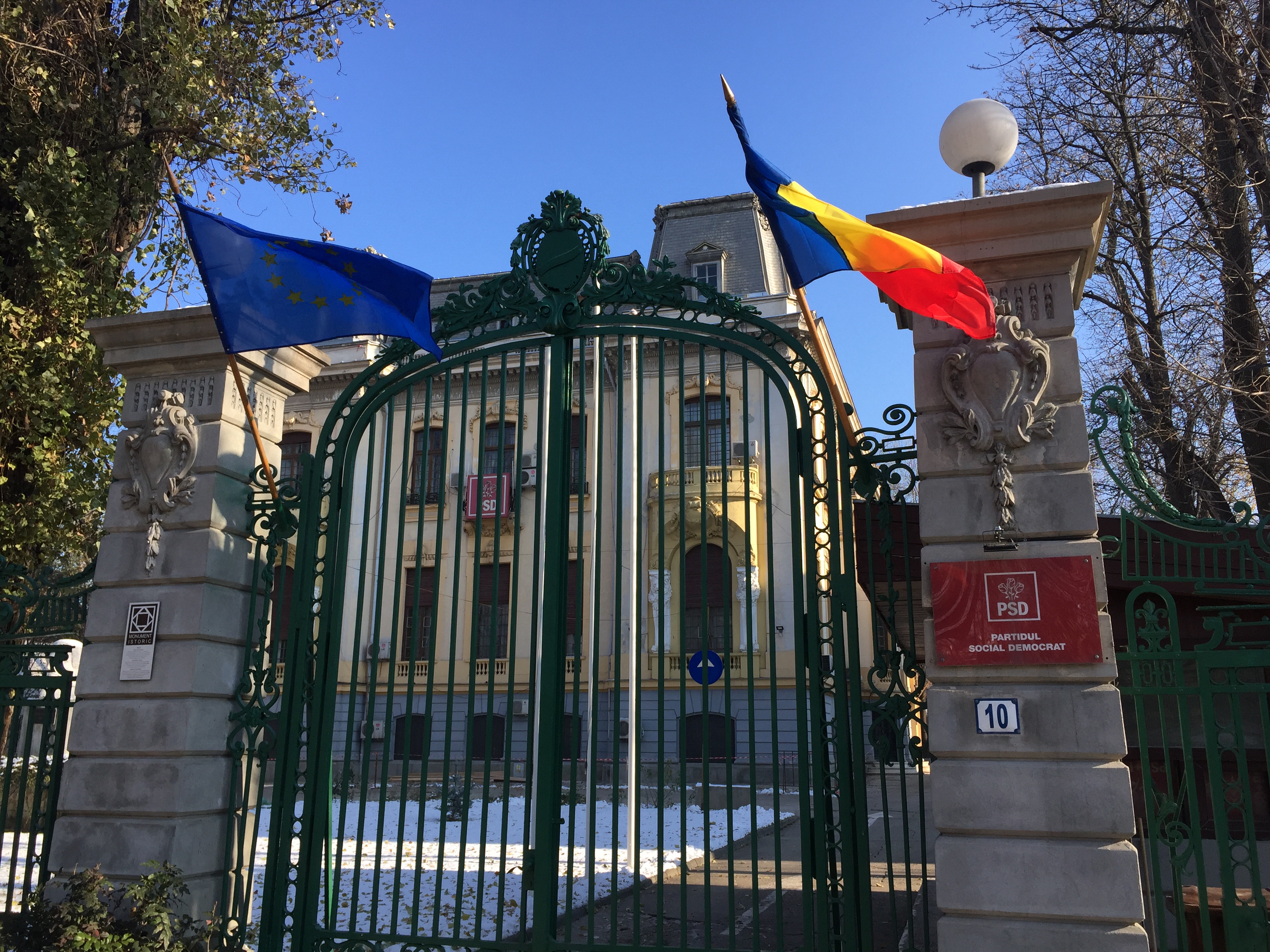Poland – The economic virtues of stability and prosperity are often pitched against one another by the vicissitudes of emerging economies. Since the collapse of communism, successive East European governments have made hard decisions about giving a free rein to the wealth of foreign corporate capitalism on one hand, while maintaining the independence of national businesses on the other. The only certainty in managing this balance was that, however the chips fell, accusations of cronyism would abound from an aggrieved portion of the electorate.
The recent success of the energy giant Orlen, however, has shown that Poland is emerging victorious from this rolling economic dilemma and levelling up with Western players. Soaring by 208 positions to 44th place on Europe’s ‘Fortune 500 list’, Orlen traces its success to the faith put in it by the Polish state.
Poland has enacted various energy policies designed to protect consumers from exposure to the fluctuating energy prices which have severely destabilised other Western economies, especially since the Ukrainian war. As a major player on the national electricity market, the €2.3bn Orlen group is 49.9% publicly owned. Critics of this stance have largely fallen silent as prices of manufacturing and energy production continue to rise in neighbouring Germany where privately owned, foreign owned and even Russian dependent infrastructure still holds sway.
Orlen’s Group’s President, Daniel Obajtek, describes the conglomerate, which recently absorbed Energa, Lotos and PGNiG, as a “large multi-energy group based on sustainable financing sources and a stable balance sheet.” Obajtek explained that “thanks to the diversification of its activities, the Orlen Group is developing its competitive advantages and has the potential to implement investments that strengthen the energy security of Poland and the region.”
Orlen’s success as a public-private partnership with the Polish state shows that, finally, what the Polish economy can develop at home is seriously attractive to international markets. This is not just an introverted coup: foreign partnerships once sought with the aspiration (and arguably degradation) of the Polish nation can now be seized from a stronger negotiating position when concluding contracts with the largest entities on the international markets.
Although Orlen currently processes over 45 million tons of various types of crude oil annually and runs 3,150 petrol stations across Central and Eastern Europe, Fortune’s accolade is likely to serve as a PR springboard for another type of long term strategy. Branching out from oil refining, Orlen is dedicated to helping Poland meet the EU’s Green Deal targets: constructing wind farms, developing the renewable and bioenergy sectors and – most ambitious of all – overseeing the national transition from coal to nuclear power.
With interests in over 100 countries on 6 continents, Orlen’s collaboration on large infrastructure projects will be vital to Poland’s long term energy strategy as Orlen becomes the first fuel and energy company in the region to declare achieving total emission neutrality by 2050. The company anticipates that its 2022 investment program of PLN 19.6 billion will now rise to PLN 36 billion in 2023 and PLN 120 billion on renewables alone by the end of this decade.
Fortune’s ‘Europe 500’ ranking puts Orlen among the five fastest-growing companies – and only company in Poland – on its list. Its position at 44 is actually based on last year’s company data so this exceedingly strong position is, if anything, an underestimate of Orlen’s true trajectory.
Finally, Poland can acknowledge a great economic leap ahead of Europe which resulted from the state putting its trust in a domestic giant, and Fortune’s accolade bears out that what Poland can develop at home is more valuable to its investors, and of better value to its consumers, than public contracts handed out to her neighbours.
Poland’s economy has levelled up sufficiently to fight among the Titans of the World stage.




